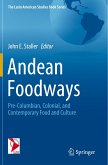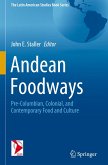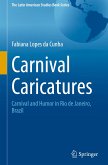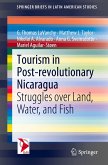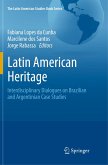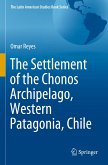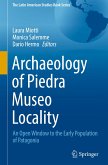This volume presents a collection of articles which offer different perspectives for archaeological pottery studies, regarding the understanding of pre-Hispanic social practices in Quebrada de Humahuaca, Argentina. The aim of this volume is to contribute to Quebrada de Humahuaca archaeological knowledge and its inclusion in current discussions about Andean and worldwide history of pottery production. In 2003, Quebrada de Humahuaca was made a UNESCO World Heritage Site. Numerous tracks, roads and settlements testify to its pre-Hispanic and post pre-Hispanic history from pre-ceramic to colonial times. Due to its strategic position Quebrada de Humahuaca has been colonized by both the Inca and the Spaniards. It also has been a stage for many battles of the Argentine War of Independence.
The richness and abundance of ceramic material evidence in the landscape of the Quebrada de Humahuaca has provided archaeologists information about human behaviour and social practices both in every and ritual activities. Quebrada de Humahuaca, in the province of Jujuy (the northernmost sector of Argentina) is one of the most widely recognized archaeological zones and one of the most widely studied. Through extensive excavations of the most conspicuous settlements, archaeologists managed to characterize these pre-Hispanic agricultural societies and construct chronologies of northwestern Argentina, and to elaborate models of trans-Andean population dynamics.
The richness and abundance of ceramic material evidence in the landscape of the Quebrada de Humahuaca has provided archaeologists information about human behaviour and social practices both in every and ritual activities. Quebrada de Humahuaca, in the province of Jujuy (the northernmost sector of Argentina) is one of the most widely recognized archaeological zones and one of the most widely studied. Through extensive excavations of the most conspicuous settlements, archaeologists managed to characterize these pre-Hispanic agricultural societies and construct chronologies of northwestern Argentina, and to elaborate models of trans-Andean population dynamics.


